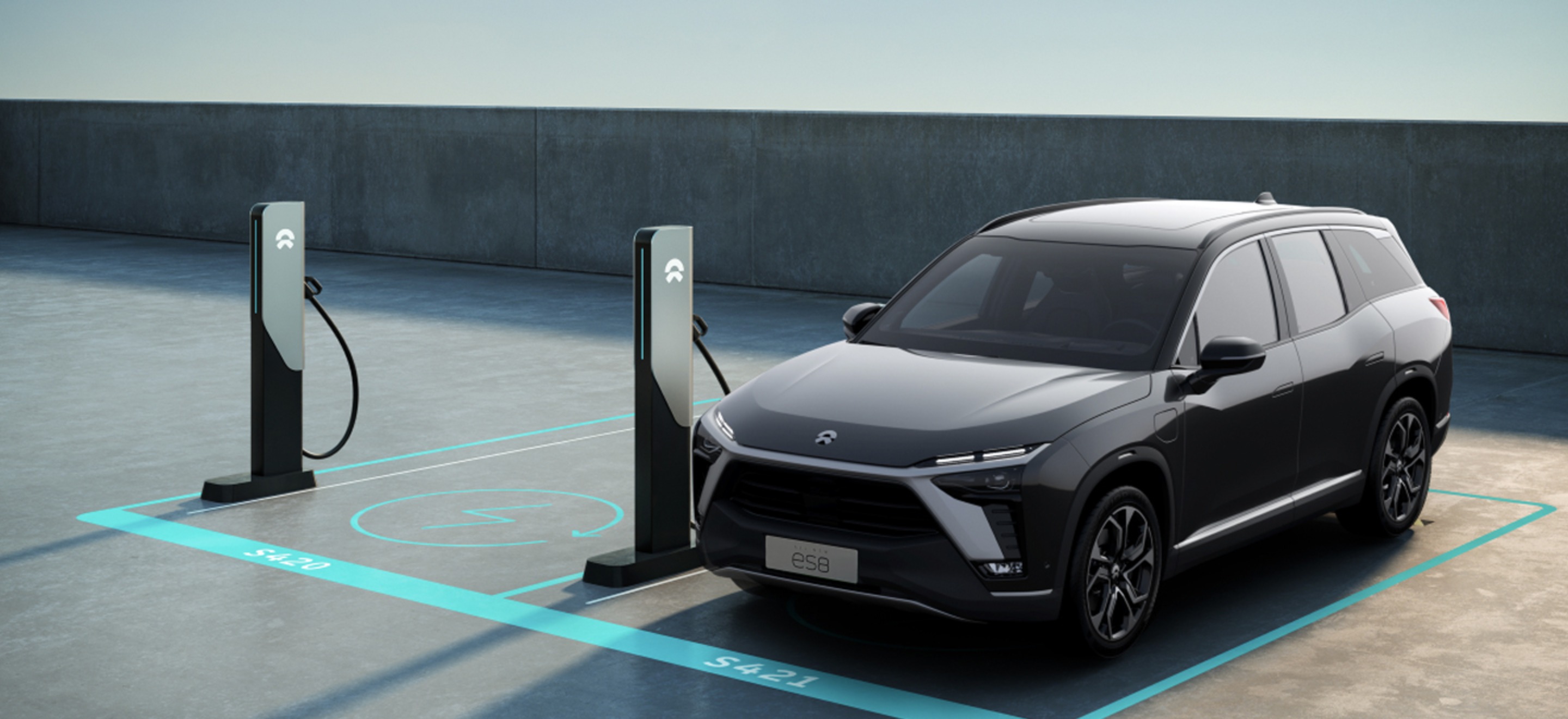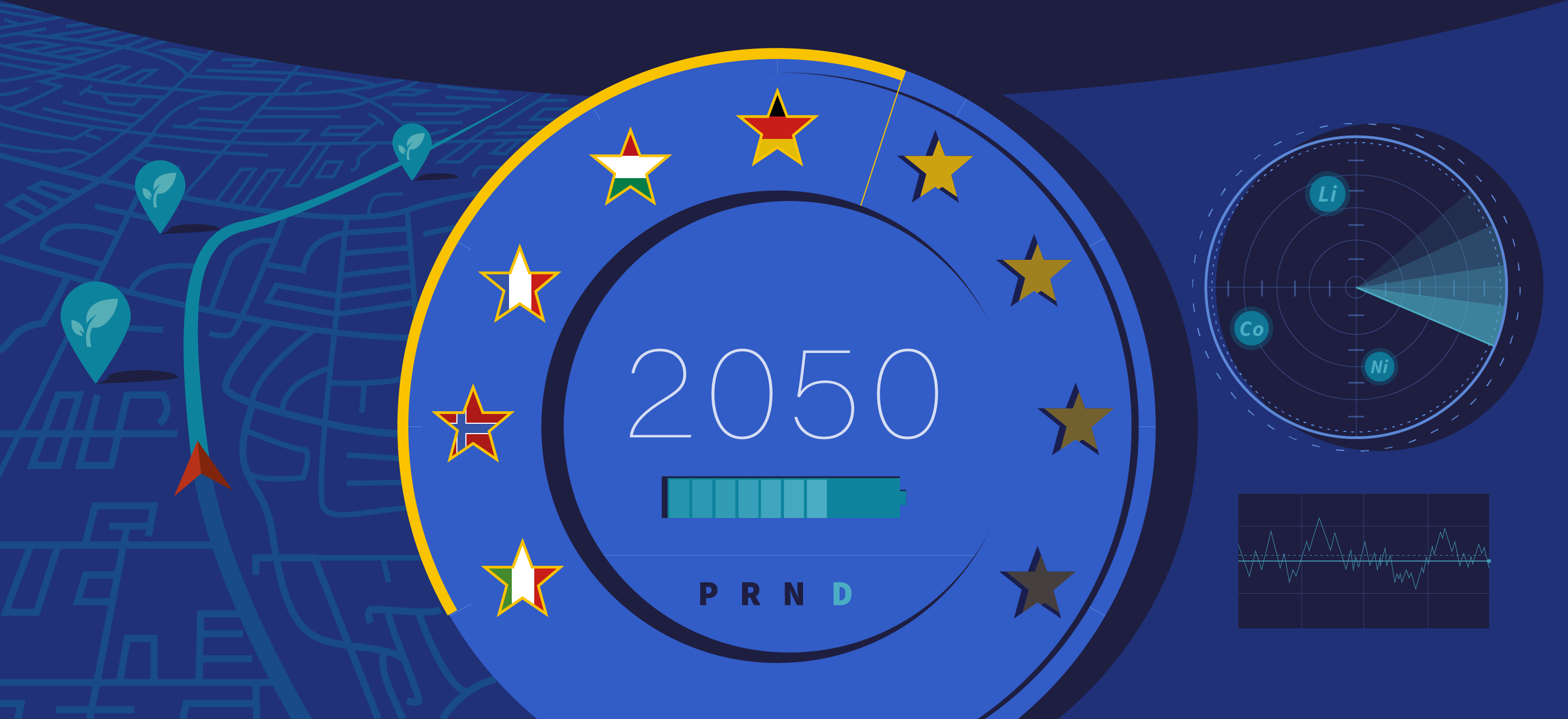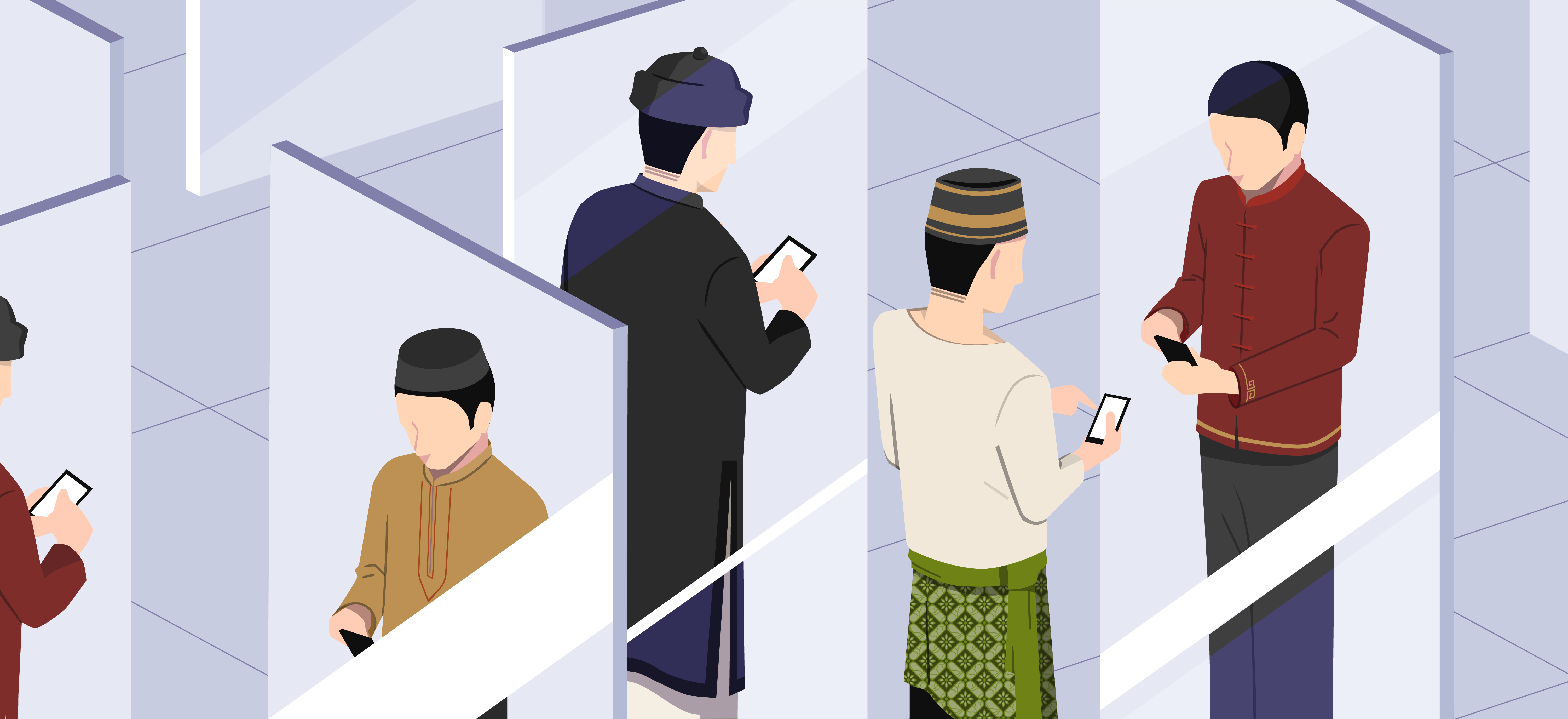To fully charge an electric vehicle (EV) battery in China today can take as little as 1.5–2.5 hours, or more than 10 hours, depending on whether slow or fast charging is used. Concerns about insufficient range and long charging times are the main reasons why many car owners are still slow to switch to EVs. EV makers understand that and have been exploring ways to slash charging times.
Supercharging is a popular choice. Pioneers in the field, including Tesla, Porsche and China’s BAIC BJEV, have been doubling down on supercharging technology with noticeable progress. Porsche’s first mass-produced EV model, Taycan, rolled out in 2019, could be charged at a record high rate of 270 kW, going from 5% to 88% charge in just 22.5 minutes, or adding 100km of range within five minutes.
But supercharging also faces a number of regulatory, technological and safety challenges. EV makers and third-party service providers in China are therefore also, with government support, developing the








